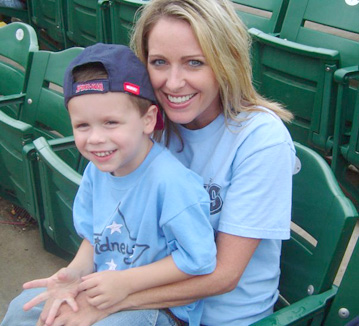Parents: Support and Intervention
Parents can respond very differently when they learn that their child has an Autism Spectrum Disorder. For many, there is a sense of relief that at last they have an explanation for their child’s sometimes unusual way of being and relating to others. Other parents, while not welcoming the diagnosis, are very concerned to ensure that the child receives specialised help and support. Each situation is different, and we offer an individual approach to the type and degree of assistance that is most helpful. Education about ASD and how it impacts on the individual’s behaviour, emotions and thinking style is generally very helpful.

Sometimes parents of a child with ASD need support at home to implement additional environmental and management strategies to help them to cope with difficult behaviour and make their lives less stressful.
Coping with grief issues and exploring the impact of the diagnosis on family members are other common areas of intervention with parents, siblings and, at times, other family members (for example, grandparents).
One parent, or the couple, may need ongoing therapy for other psychological issues that may be causing distress, which can be very separate from the impact of ASD. At times there can be recognition that another family member, for example, a parent, has many characteristics of ASD, though that person may not wish to pursue a formal assessment process.
The overall goal is to empower families and build resilience so that they can cope with all the demands that family life involves.
In the case of pre-school and school-age children, we regularly liaise with other health professionals, including paediatricians, speech pathologists and occupational therapists, to discuss the particular situation of a child and to provide input into the Treatment Plan to maximise the child’s potential and facilitate successful outcomes. Transition times, whether from kindergarten to school or university to the workplace, are a major focus in our ongoing work with families.
